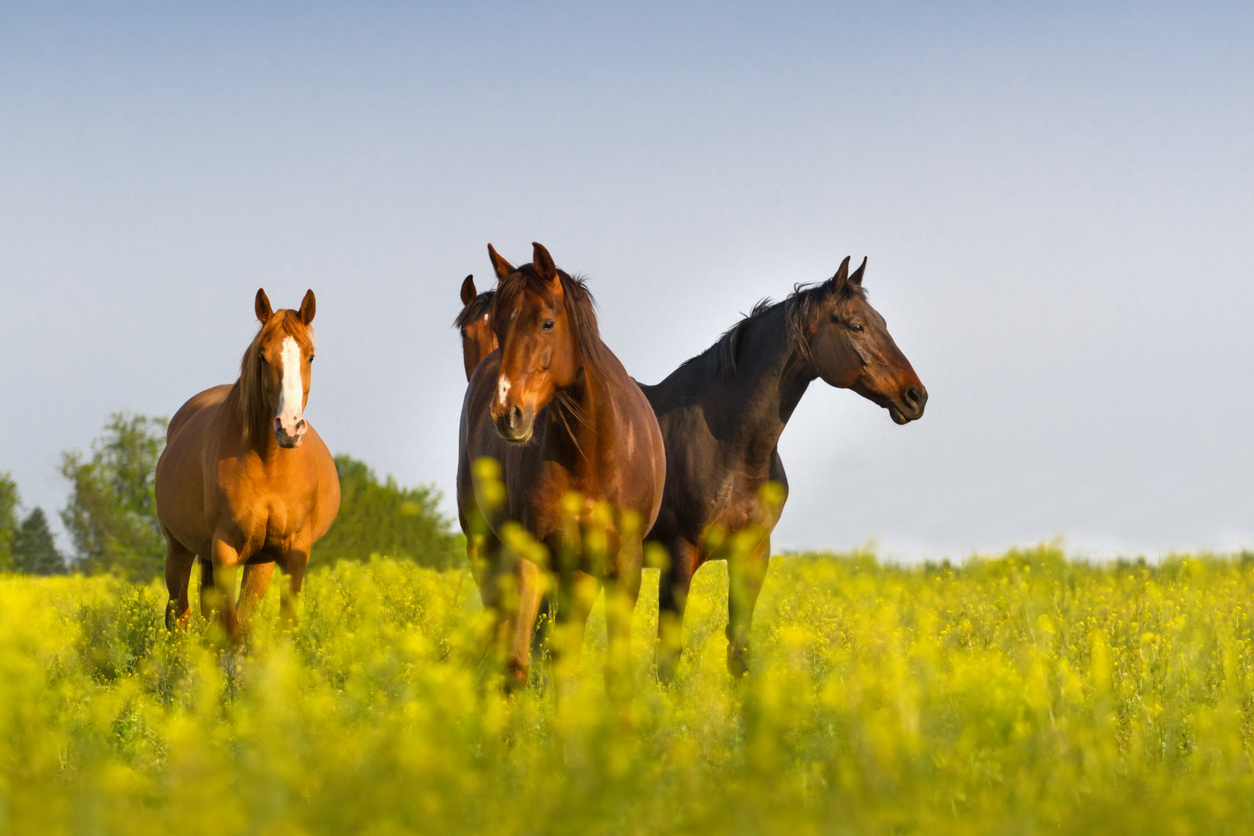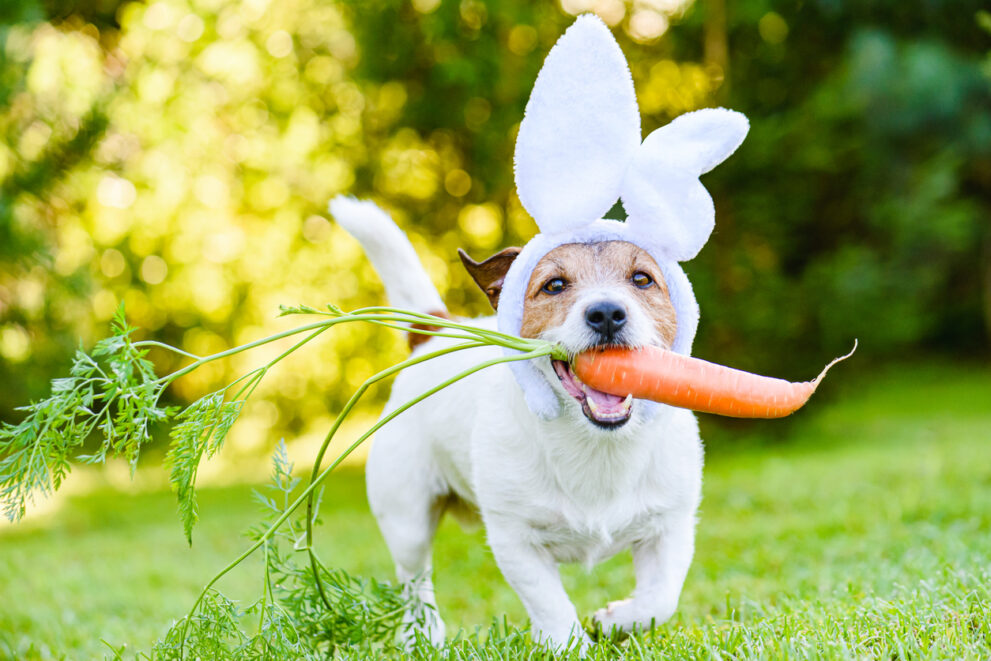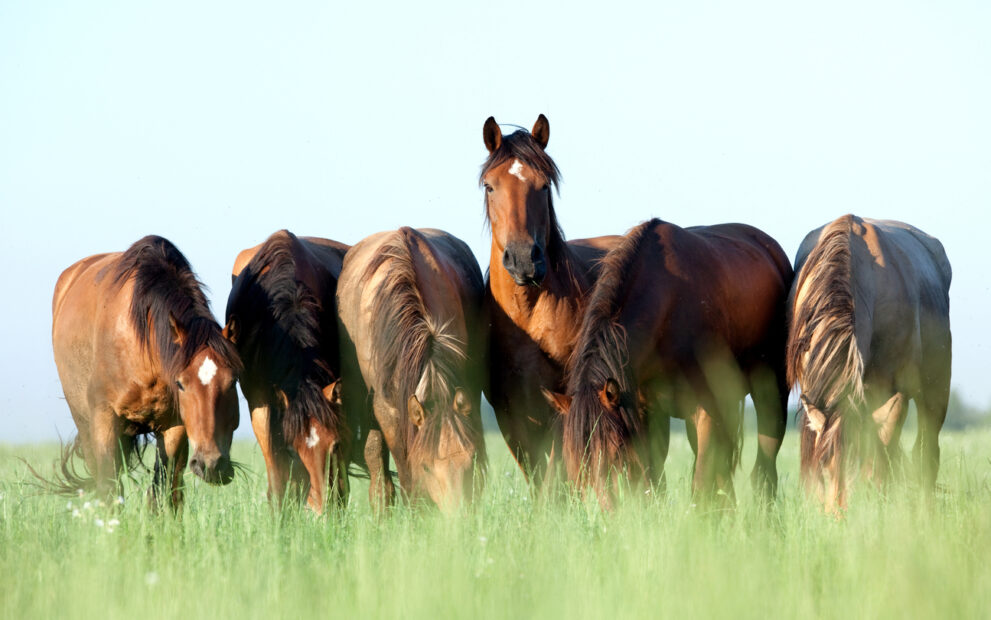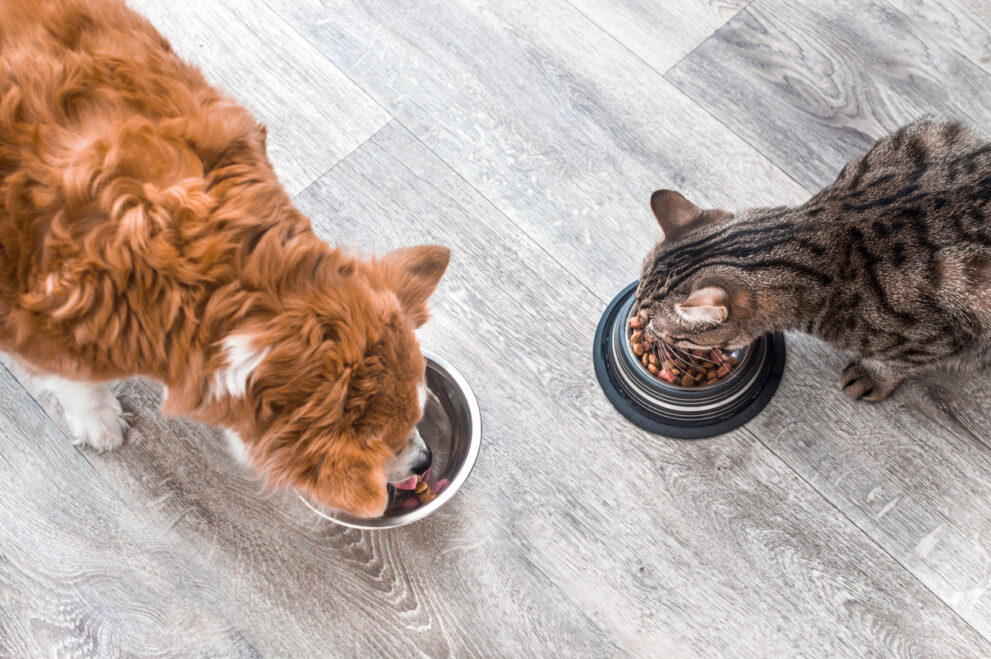You may have recently heard about the sad felling of the tree at Sycamore Gap. While sycamores are really beautiful trees they unfortunately can cause severe disease in horses.
Atypical myopathy, also known as sycamore poisoning, is a severe disease that affects horses. The disease is caused by ingestion of sycamore seeds, leaves or seedlings. Unfortunately the disease is fatal in 75% of horses affected.
The seeds, leaves and seedlings of sycamore trees contain a toxin known as HGA (Hypoglycin A). The concentration of this toxin does seem to differ from tree to tree, and we also see that some horses are more affected by the toxin than others, possibly due to genetics.
Sycamore poisoning in horses is most often seen in the spring and autumn when there are sycamore seeds, leaves and seedlings present on the pasture that horses are grazed on. When ingested, the horse can develop high levels of the toxin in their bloodstream which in turn can damage muscles of the body, including the heart muscle.
The clinical signs often seen with sycamore poisoning are:
- struggling to walk
- lethargy
- problems breathing
- recumbence (lying down)
- colic
- muscle tremors
- dark brown urine
If you see any of these signs in your horse you must call your vet. Your vet will initially examine your horse and determine if they have been at risk of consuming the toxin. Blood samples can be taken to determine if muscle damage has taken place. Early referral to an equine veterinary hospital of suspected cases helps improve the chances of survival.
Treatment involves intensive care in an equine hospital. Intravenous fluids and pain relief are usually given along with other supportive care. However, despite aggressive intensive therapy, up to 75% of horses will die from this disease and so prevention is very important.
Prevention involves providing supplementary forage in the spring and autumn, remove all evidence of sycamore seeds, leaves and saplings from the pasture, and test for presence of the toxin in cases where pasture contamination is suspected. The Royal Veterinary College offer testing to determine if plants on their property contain the HGA toxin.






